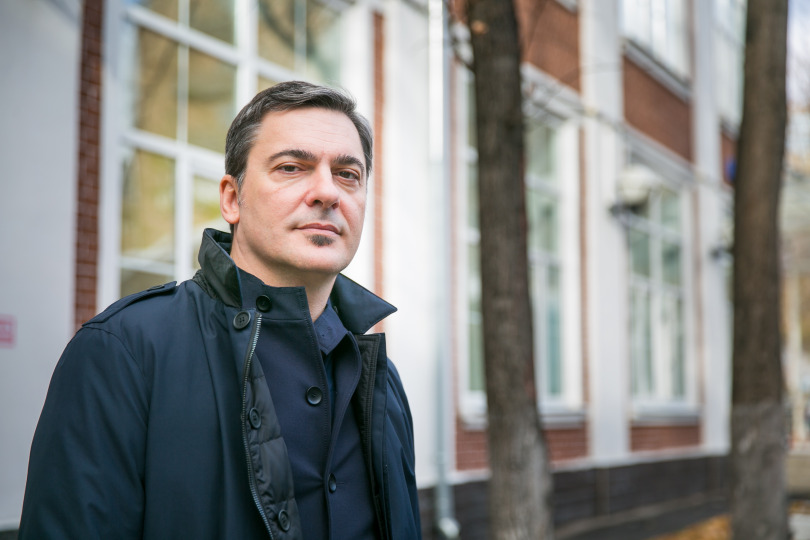
Tag "education"

The level of education has a direct impact on young Russians’ chances of getting a job. Young men and women with some post-secondary education – in particular those with higher education – experience a shorter transition to their first employment and a fairly low risk of staying unemployed, while those with just nine year of compulsory secondary school – in fact, 20% of Russians under 29 – are likely to remain unemployed for prolonged periods, according to Elena Varshavskaya, professor of the HSE Department of Human Resources Management.
Coming from a low-income, uneducated family can affect a child’s language skills, resulting in underdeveloped, ungrammatical speech, which hinders academic performance and limits one’s chances of success in life. However, parents can help a child offset the effects of a negative family background, according to Kirill Maslinsky, research fellow at the Laboratory of Sociology in Education and Science, HSE campus in St. Petersburg.
Parents of school students in Moscow tend to believe that test assignments in two major final exams—the Basic State Exam (BSE) and the Unified State Exam (USE)—are too complex and teachers fail to properly prepare students for the finals; this negative attitude, which appears to be a widely-held stereotype not necessarily supported by evidence, is formed long before the exams come round. However, according to a study by Alina Pishnyak and Natalia Khalina, once the exams are over, families no longer consider them so hard to pass.
By choosing education for their children, parents tend to perpetuate social inequalities. While educated middle-class parents invest in their children's future by selecting the best possible school and becoming actively involved in the educational process, working-class families often feel they cannot afford to choose and instead, send children to the nearest school, expecting them to make it on their own, according to Larisa Shpakovskaya, Associate Professor at the Department of Sociology, HSE Campus in St. Petersburg.
Decisions relating to student dropout often resemble a trial with students as defendants and teachers as prosecutors and judges. This approach can create barriers between students and staff and raise the issue of the university's mission, according to Ivan Gruzdev, Evgeny Terentiev and Elena Gorbunova of the HSE’s Internal Monitoring Center.
Higher education cuts the risk of poverty by more than half, according to Alina Pishnyak and Daria Popova , leading researchers at the HSE Centre for Studies of Income and Living Standards. Their findings reveal that the household incomes of families where all adults are university-educated stand at 20% above the average, and conversely, in families where none of the adults hold a degree, living standards tend to be below average by a quarter.
State funding for education systems fails to take popular demand into account. About 10% of state-funded places are not in areas that interest school-leavers. There are too few options in the humanities, and too many in engineering, research carried out by the HSE’s Institute of Education, School of Mathematics, the Educational Center of Semantic Technology and Faculty of Economics.
In an interview for CIRGE Washington University on the ongoing reforms and pending challenges in Russian doctoral education, Senior Research Fellow at HSE’s Institute for Higher Education, Igor Chirikov explains the peculiar economic, social and bureaucratic problems and academic traditions that are hampering the careers of Russian academics but he also gives reasons to be optimistic about change for the future.
